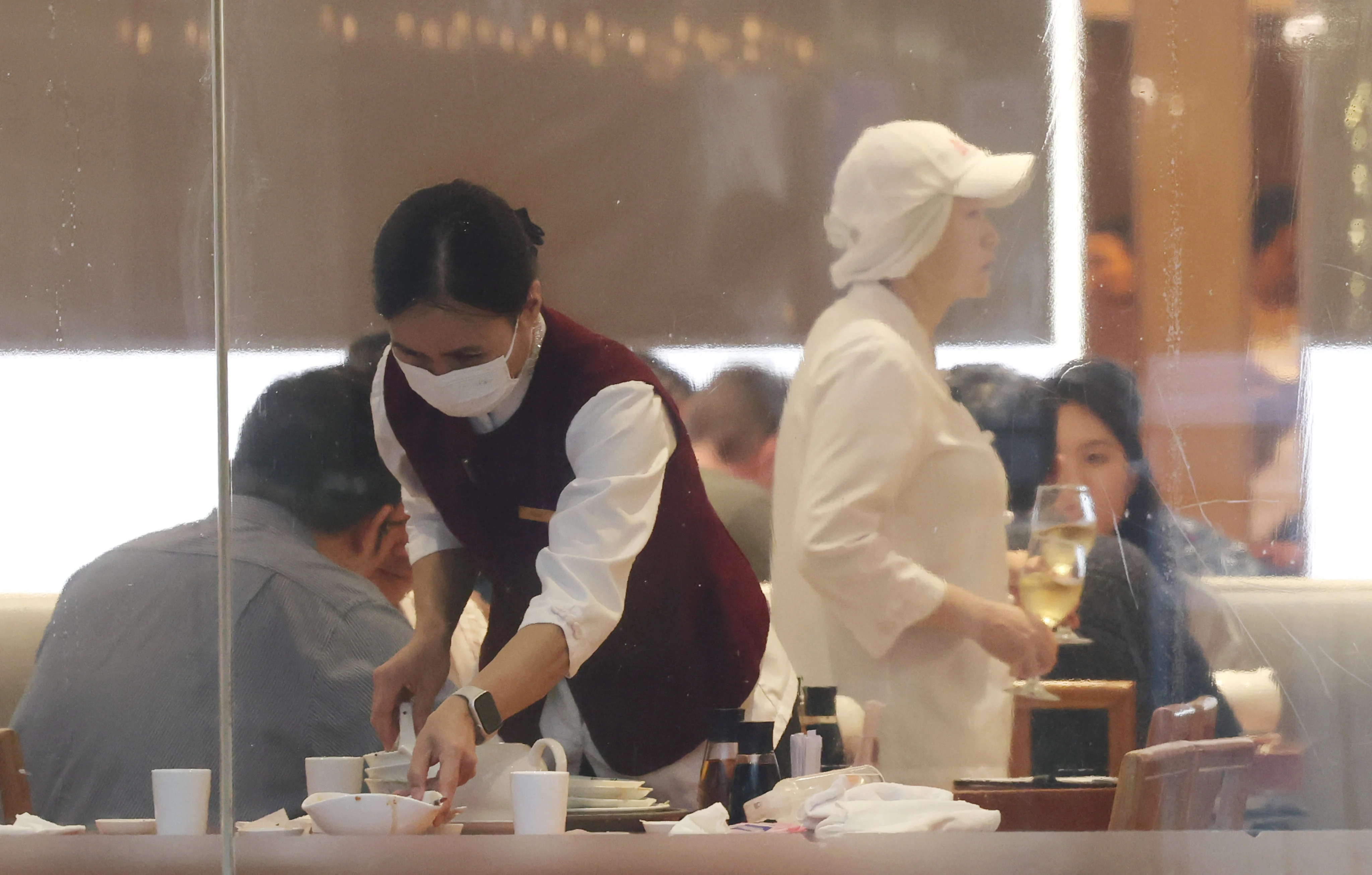By Fiona Sun
Copyright scmp

Hong Kong authorities will strengthen protection for local workers by tightening restrictions on employers importing waiters and junior cooks, while enacting legislation to better protect delivery workers.
Chief Executive John Lee Ka-chiu announced in his policy address on Wednesday that the government would prioritise the employment of local workers and crack down on abuse of a labour importation scheme.
The new restrictions will apply to two job categories – waiter and junior cook – under the Enhanced Supplementary Labour Scheme.
From Thursday, for each waiter or junior cook that an employer applies to bring in from outside the city under the scheme, it must have already employed at least two local full-time workers in the same roles.
Employers must also extend the local recruitment period to six weeks, up from four weeks, and attend an on-site job fair organised by the Labour Department once a week during that time.
“The above measures aim to combat abuse in a targeted manner, focusing on job categories with more imported workers, while ensuring businesses with genuine difficulties in local recruitment are allowed to import supplementary labour in an orderly manner to avoid business closures and collateral damage to existing employees,” Lee said.
“As our population continues to age, Hong Kong faces a declining labour force. Importing labour on an appropriate scale helps ease manpower shortages and serves Hong Kong’s overall interests.”
The new policies were unveiled amid growing complaints from labour unions and local workers about job losses to cheaper imported labour, while the unemployment rate remains high.
The government introduced the Enhanced Supplementary Labour Scheme in September 2023 to address manpower shortages across sectors.
The scheme expanded labour importation to include 26 job categories, as well as unskilled or low-skilled posts that were previously excluded.
Waiter and junior cook are among these 26 categories, which also include sales assistant, warehouse keeper and food processing worker, among others.
Aside from the tighter rules on waiter and junior cook roles, the scheme requires employers to undergo a four-week local recruitment exercise for each vacancy under application and an overall staffing ratio of two full-time local employees for every imported worker for other job categories.
A government source said on Wednesday that waiter and junior cook roles were singled out because they had the highest number of applications and approvals under the scheme.
As of August 31, authorities had approved 38,407 applications for importing workers across the 26 categories, with 11,725 (30.5 per cent) for waiters and 8,648 (22.5 per cent) for junior cooks, the source said.
The Labour Department received 177 complaints from catering-sector workers about the labour import scheme during the first eight months of this year – the highest number among all industries.
They accounted for 72 per cent of the total 245 complaints from all sectors.
The source added that authorities would consider local unemployment rates before deciding whether to extend these new restrictions to other job categories under the scheme.
The latest statistics show Hong Kong’s unemployment rate remained at 3.7 per cent between June and August, unchanged from May to July.
Some industries recorded higher unemployment rates, such as the food and drink services sector, which recorded a rate of 6.8 per cent.
The government will also release the results of its review of the scheme in the second quarter of next year.
Lee also announced that to better protect workers on digital platforms – such as those providing food and goods delivery – the government would improve the work injury compensation system for them through new legislation.
The government source said the legislation would require platform operators to purchase insurance for such workers, ensuring “they received similar protection and compensation for work-related injuries as employees”.
The government plans to submit the legislative proposals within the next year.
Authorities had previously indicated they would consider legislation to better protect food delivery workers following recent labour disputes and protests, with surveys conducted by the Labour Department showing workers were “most concerned about work injury compensation”.
The Hong Kong Federation of Trade Unions said it hoped the changes to the labour importation scheme would help reduce unemployment figures, but also suggested that the government freeze or gradually reduce the quotas for imported workers in sectors experiencing severe joblessness.



